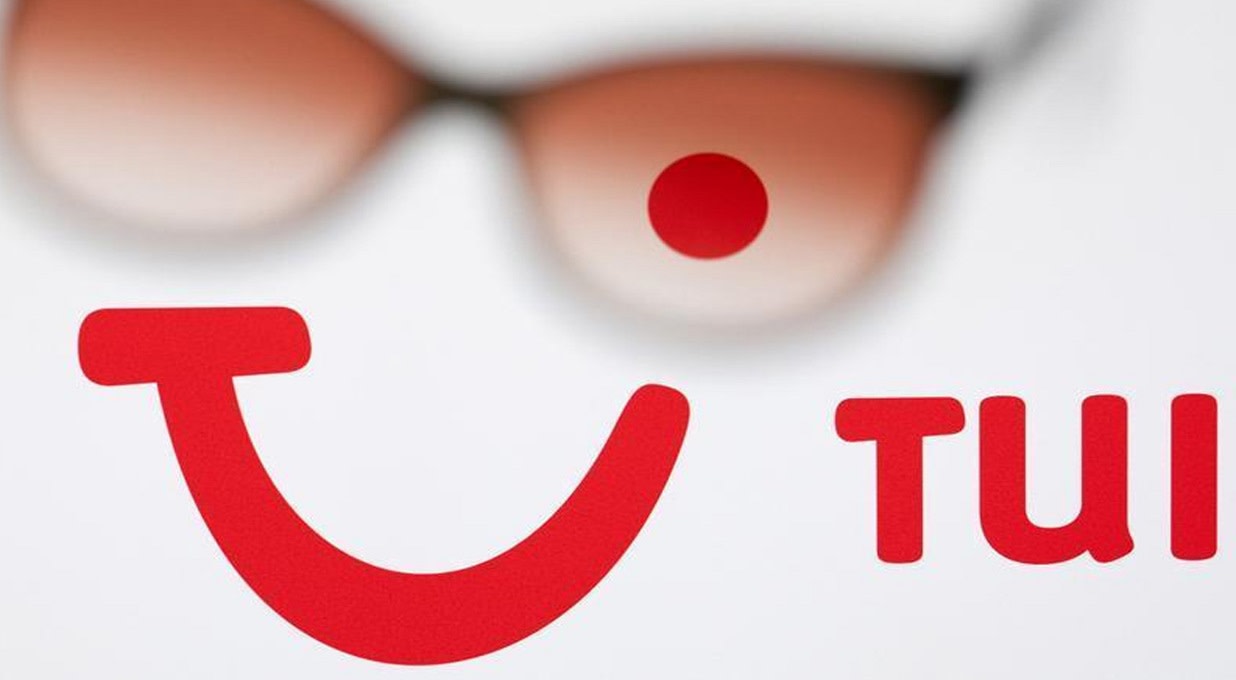TUI’s third quarter revenue was up by 9% to €5.8bn supported by both higher volumes and prices.
Underlying operating profit was up by 37% to €232mn with all divisions in positive territory. Holiday Experiences were the key growth driver benefitting from particularly strong performances in Cruises and the tours and activities platform, TUI Musement.
Free cash flow rose over the first nine months of the year from €673mn to €712mn helped by an improvement in operating performance.
Net debt was down slightly to €2.1bn although fell by €1bn compared to the previous quarter.
Bookings for the key summer period are up 6% with average prices 3% higher. Full year guidance for growth of at least 10% for revenue and 25% for operating profit remains unchanged.
The shares were up 2.7% following the announcement.
Our view
TUI’s first half saw an impressive increase in profits, driven by higher prices and fuller cruise ships and hotels. Consumers continue to prioritise travel, and that’s playing into TUI’s hands. Positive booking momentum has continued, as has progress on selling prices. The strong demand across the product range has also seen an improving picture at the Group’s airline despite challenges seen by some low-cost airlines.
Of course, TUI is more than just an airline though. It has a much wider package holiday business. In some ways that makes it more defensive - there's more to offer and plenty of cross-selling opportunities. But the drains on cash when you have planes, huge hotels and even cruise ships to fill are enormous, so the improved reported occupancy rates across the business come as welcome news. We’re especially pleased with progress in the cruise business, which has massively helped profits.
Debt levels have been a concern in the past, but the group is doing a good job of getting them under control. Debt is heading down. And thanks to significantly improved profitability, net debt as a proportion of cash profits is importantly moving into much more attractive territory. Continued movement on this front will be key to any potential return of dividends, which are never guaranteed. Bear in mind now that the shares are no longer listed in London, any dividend income may now to be subject to withholding tax.
We can't knock progress, but remain wary on some wider risks. A persistently challenging environment means it's still tricky to map demand accurately. The question is whether recent booking momentum can continue, as some softness is being felt elsewhere. A lot of this will be outside TUI's control, but the powers-that-be will certainly be hoping for a soft economic landing.
TUI was concerned about over-capacity in the wider industry before the pandemic. This is an ongoing concern in our opinion, which could create the need to reduce prices if market conditions change. TUI isn't trimming its own capacity in readiness for an economic contraction and instead relies on a hybrid approach of own and third-party operated flights, which reduces, but doesn't eliminate, the risk caused by an over-supplied and overly competitive industry.
There's potential for TUI to do well in the future thanks to its more diverse offering, and investors could be rewarded for their patience. The weakness seen of late in the valuation, and solid visibility for the peak summer season should be a positive for investor sentiment. But the cyclical nature of the industry, as well as the sensitivity of demand to macro-events, means there are likely to be more ups and downs ahead.
Environmental, social and governance (ESG) risk
The transport industry is medium risk in terms of ESG, with European firms managing them better than others. Carbon emissions, product governance, and quality & safety are the biggest risk drivers. Other key areas are emissions, effluents & waste, labour relations, and employee health & safety.
Overall, TUI’s management of ESG risks is average.
A contributing factor is that the scope of TUI’s quality management certifications is unclear, with health and safety in the airline and hotel business being of paramount concern. Resource and carbon risk are material for TUI, including the large amount of water and energy use in hotels and resorts. TUI’s management of carbon risk is deemed average, with relatively stable carbon intensity trends. TUI is exposed to privacy risk through its handling of customer data for bookings and payments. The use of third parties also increased risk in this area.
TUI Group key facts
All ratios are sourced from Refinitiv, based on previous day’s closing values. Please remember yields are variable and not a reliable indicator of future income. Keep in mind key figures shouldn’t be looked at on their own – it’s important to understand the big picture.
This article is not advice or a recommendation to buy, sell or hold any investment.No view is given on the present or future value or price of any investment, and investors should form their own view on any proposed investment.This article has not been prepared in accordance with legal requirements designed to promote the independence of investment research and is considered a marketing communication.Non - independent research is not subject to FCA rules prohibiting dealing ahead of research, however HL has put controls in place(including dealing restrictions, physical and information barriers) to manage potential conflicts of interest presented by such dealing.Please see our full non - independent research disclosure for more information.


